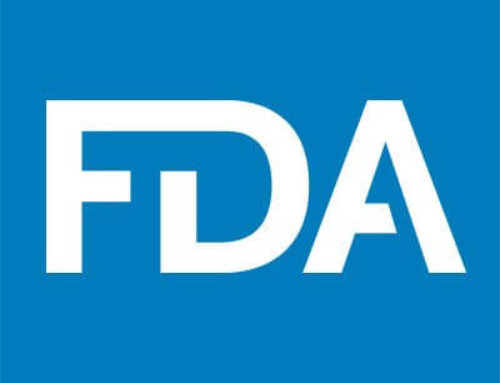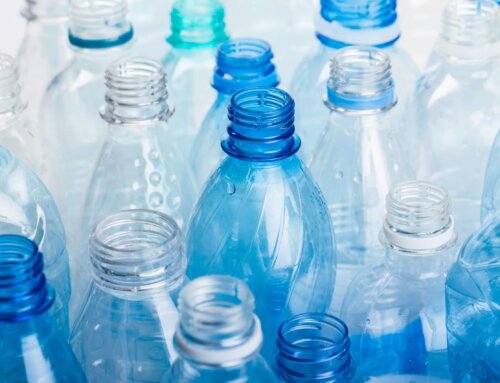The Truth About Aloe Vera
We rely on product labels to inform our purchasing decisions. Organic produce, sugar-free snacks, cruelty-free makeup. Without these identifiers, we couldn’t support products we align with, or perhaps more importantly, we wouldn’t know what’s in the stuff we buy.
While most of us may believe these labels are factual, here’s some bad news: product labels aren’t always telling us the truth. In 2016, Bloomberg reported that there was no evidence of Aloe Vera found in the aloe vera at several major companies. The falsity of product claims span beyond low traces of key ingredients but have now been proven to contain 0% of the ingredients it claims to. That’s like buying a gallon of milk without any trace of milk in it….a concerning notion to say the least.
Applied DNA Sciences conducted a survey on Americans feelings toward aloe vera product authenticity. Over three-quarters of Americans (76%) say if they read or heard that an Aloe vera product that they were planning to purchase did not contain any Aloe vera in it, they would be not likely to purchase it.

Obvious ethical issues aside, customers are wasting their money on products like aloe cream and lotion, when they would have never made the purchase in the first place.
The validity of product claims should not be up for debate, but how are we supposed to distinguish what’s real and what’s not? Well, Applied DNA is ensuring the authenticity of Aloe vera using forensic science. By tagging the aloe with a unique DNA identifier, Applied DNA can verify the content of aloe products at any point in the supply chain.
This partnership means great news for a lot of consumers. A strong majority of Americans (86%) say they would be more likely to purchase an Aloe vera product that has ingredients that have been forensically verified over a product that did not.
Beyond just Aloe vera, Applied DNA uses the same process across various industries. They tag and test apparel, pharmaceuticals and plenty more. If a brand is concerned about their supply chain, or the quality of their products, they should consider verifying their raw materials to protect and satisfy their consumers.
Consumers are entitled to the truth, and this will bring us closer to it.




